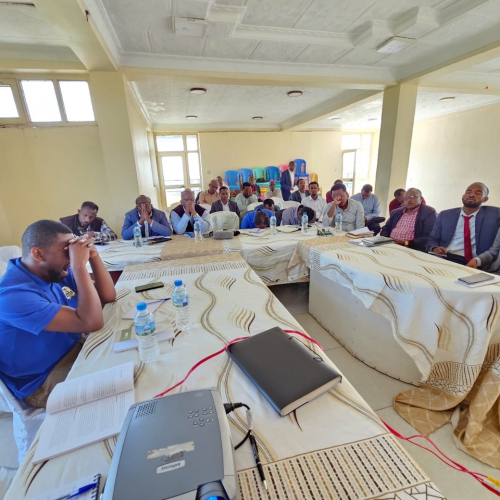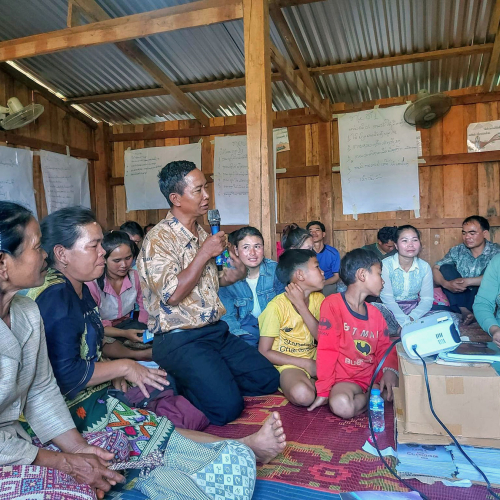Why Global Mission?
Why? It’s one of the most important questions we ask. It reveals our motives, our core convictions, and our beliefs. So why do we engage in global mission? Why is it important to connect the Church both locally and globally?
For me, the answer lies in the belief that we serve a missionary God whose relentless love pursues people.
When Adam and Even hid in shame, God pursued them and called out, “Where are you?” (Genesis 3:9). When Hagar felt abandoned and alone, she encountered God and said, “You are the God who sees me” (Genesis 16:13). When Elijah hid in a cave in fear and despair and wanted to die, God came to him and spoke in a gentle whisper (1 Kings 19:12). When the world struggled in darkness, God came as light, took on the vulnerable human flesh of a baby, and made his dwelling among us (John 1:14). It was the most significant initiative of love the world has ever known, and yet so often ignores.
This past July, I attended the USMB Gathering in Omaha, Nebraska. One of the highlights for me was hearing from two of our newest global workers from the US (Colorado and Washington) who both sense God’s call to serve in the Middle East (see the exclusive interview on pages 6-7). At the Gathering, they each shared sincerely about their personal relationship with Jesus and their deep love for the people where they will be serving. It was a beautiful example to me of how God’s extravagant love compels us to join him in loving a lost world.
We engage in global mission because God first loved us. He loved the world so much that he sent his Son into the world. Today, he sends us into the lives of others because of the same love. The call to global mission is ultimately a call to love.
The Great Commandment
Jesus was continually asked difficult questions as he taught about the kingdom of God. At one point, he had three different groups of religious leaders approach him with questions about taxes, about the resurrection, and finally about the greatest commandment (Matthew 22). In response, Jesus starts by saying, “Love the Lord your God with all your heart and with all your soul and with all your mind,” stating that this is “the first and greatest commandment” (22:37-38). But then he adds another layer by saying, “And the second is like it: ‘Love your neighbor as yourself’” (22:39). And then Jesus summarizes with the powerful statement, “All the Law and the Prophets hang on these two commandments” (22:40).
Jesus makes it clear that there are both vertical and horizontal components to our faith. In a simple and beautiful way, the symbol of the cross reminds us that Jesus died to reconcile us to God (vertically) and to reconcile us to one another (horizontally).
It starts with love. If love does not compel us, we’ve lost sight of what God has done for us. When Jesus was being confronted by his opponents with tricky theological questions, he responded with a definitive statement of love.
Loving God requires loving people, even the most difficult people in our lives. Love requires us to meet others where they are, up close and personal. We don’t love people from a distance, but within proximity and time, entering into each other’s worlds to experience the kingdom of God together, a kingdom which includes imperfect people and is designed by God to fulfill the deepest human need for love.
The Great Commission
There is a context to the Great Commission in the Book of Matthew that I find very encouraging. I appreciate the vulnerability in Matthew’s honest reflections (28:16-20):
Then the eleven disciples went to Galilee, to the mountain where Jesus had told them to go. When they saw him, they worshiped him; but some doubted. Then Jesus came to them and said, “All authority in heaven and on earth has been given to me. Therefore go and make disciples of all nations, baptizing them in the name of the Father and of the Son and of the Holy Spirit, and teaching them to obey everything I have commanded you. And surely I am with you always, to the very end of the age.
First, the Gospel writer acknowledges the broken reality that not all twelve of the disciples are there—there are just eleven because of the one who betrayed Jesus. Second, he also records the fact that both worship and doubt were co-existing in the remaining disciples. They have faith, but they still struggle to understand everything that just happened.
We too live with brokenness, disappointment, and sin. We worship Jesus, and we doubt. Yet we are also called, just like those first disciples, to join Jesus in this great mission adventure, a calling that requires faith and obedience.
The passage in Matthew also reminds us that Jesus has “all authority.” He is our King, and his kingdom is at hand. He is the one before whom every knee will one day bow, and he is saying, “go and make disciples of all nations.” The Great King of heaven and earth has issued his Great Commission. As we acknowledge his authority and obey his command, we will also enjoy his presence: he will be with us always.
God’s Great Mission
Ultimately, it’s God’s mission, not ours. It’s about his love, his desire to redeem, his plan to send his Son. Yet he also invites us—even commands us—to participate, to be his witnesses, and to love as he has loved.
At Multiply, we’ve been reminding ourselves of that important distinction—that we participate in his mission, we act in his story, we love because he first loved us. It keeps us humble and keeps our focus on God, and on his love.
The Bible helps us keep that focus as well. According to Christopher Wright, Old Testament scholar and missiologist, God’s mission is the story in the Bible. In his book, The Great Story and the Great Commission, he wrote, “The whole Bible renders to us the story of God’s mission through God’s people in their engagement with God’s world for the sake of God’s purpose for the whole of God’s creation.”
I hope the stories in this edition of Witness will give greater clarity to the love that compels us to participate in God’s Great Mission. And I pray that God will find us faithful as we seek to live lives of obedience to the Great Commandment and the Great Commission!




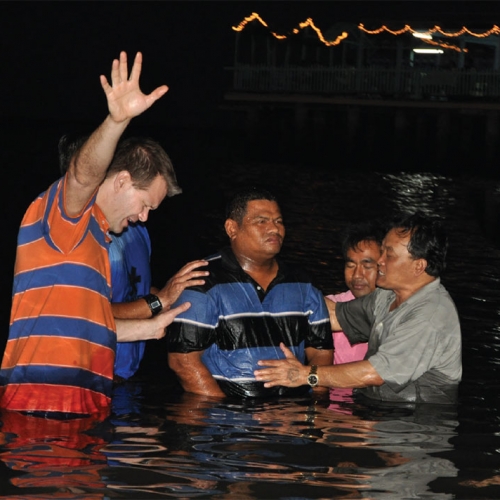

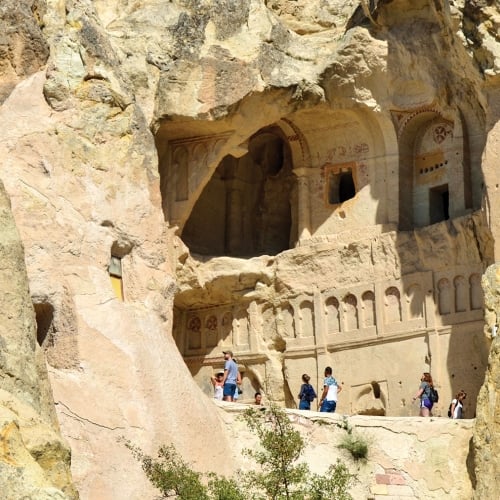
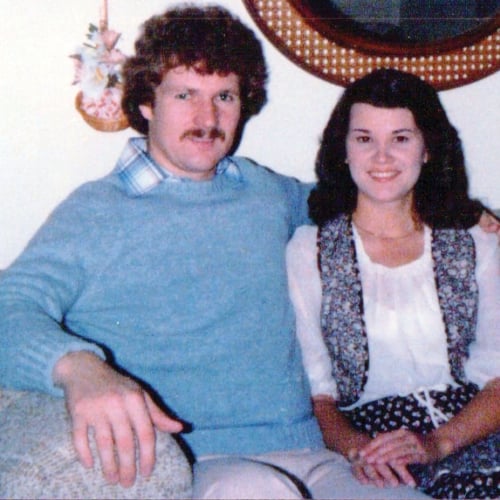




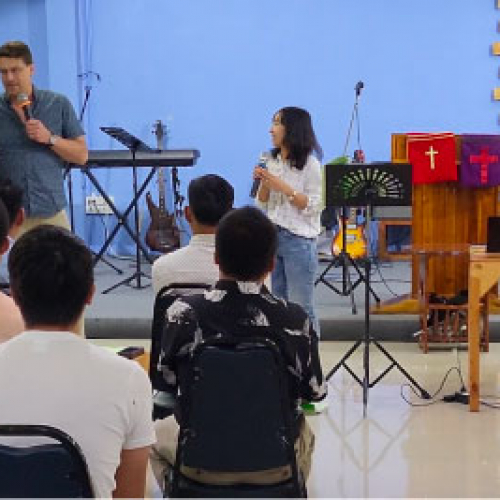

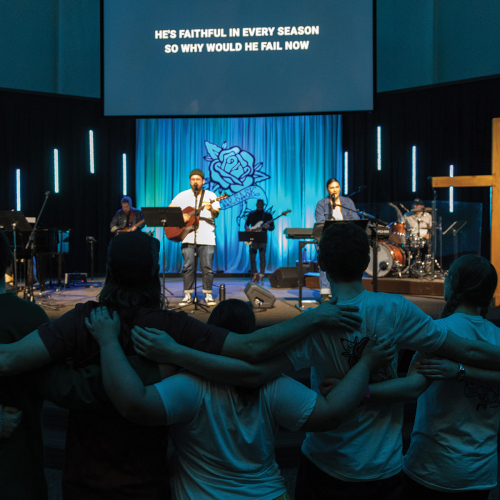
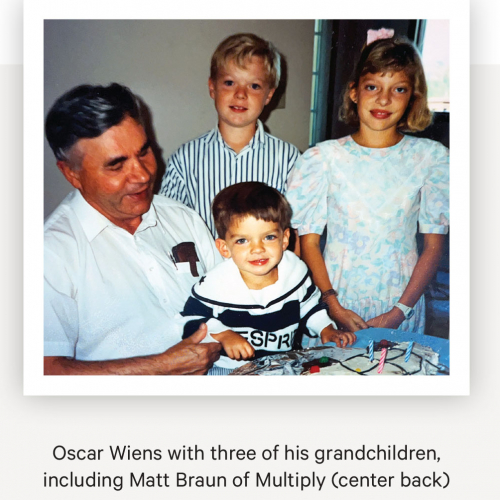






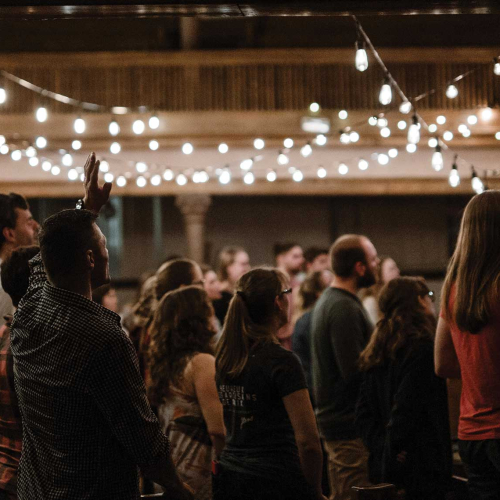


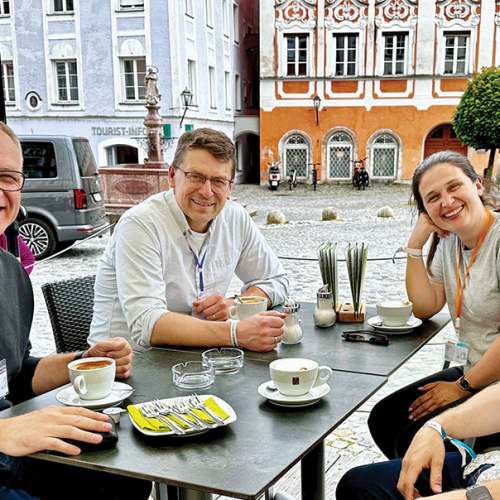

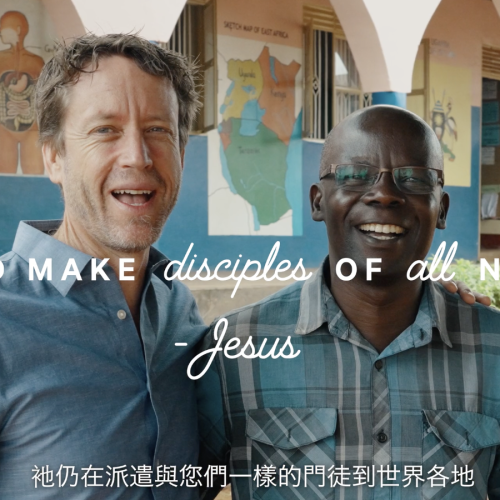
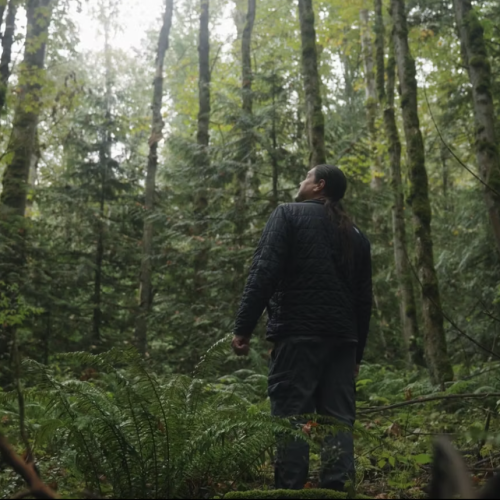

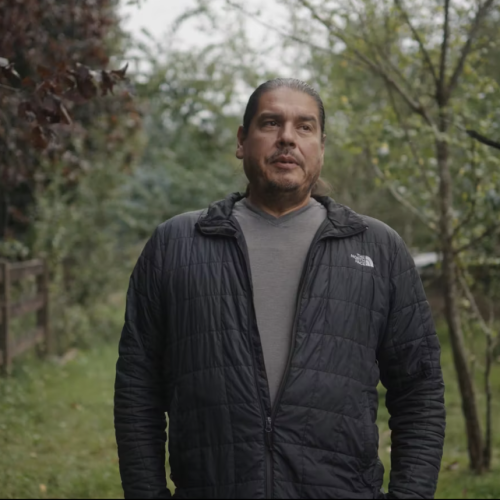
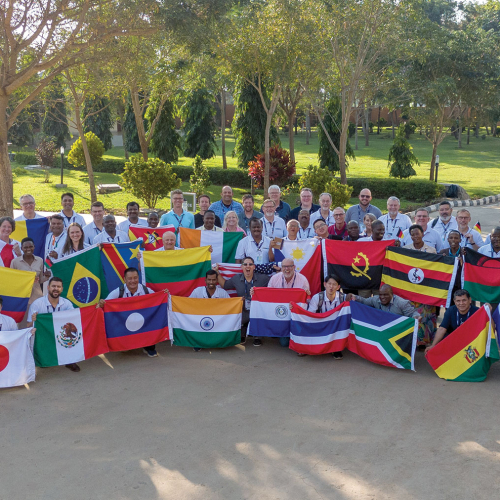



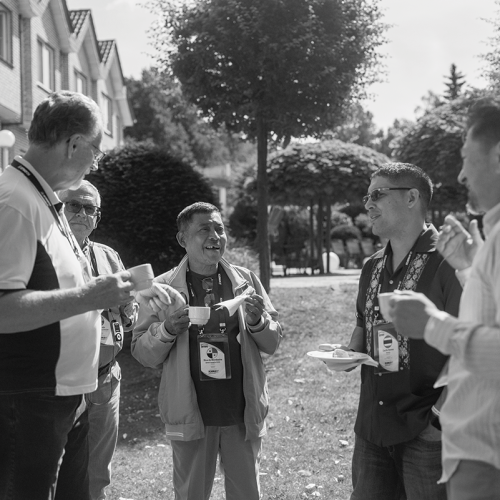
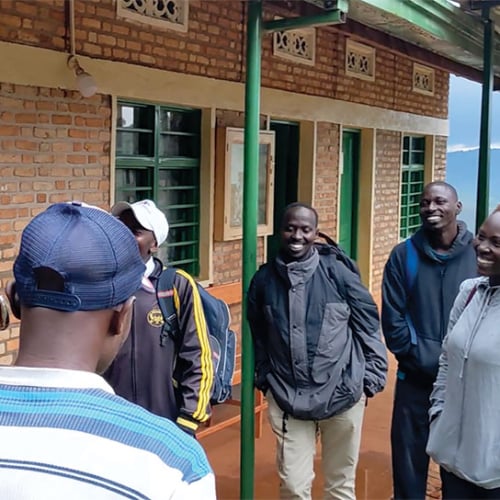
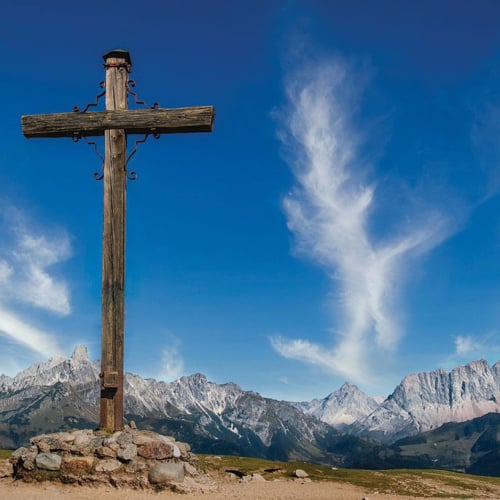

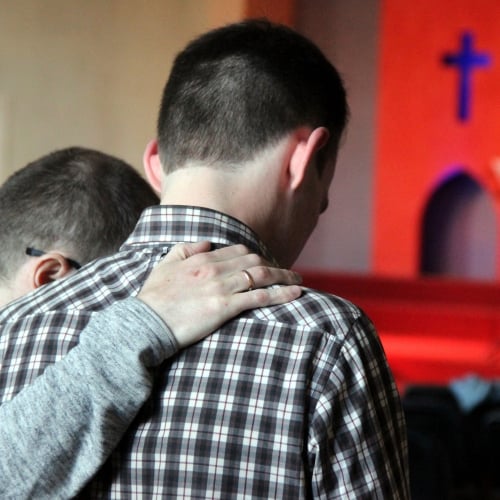


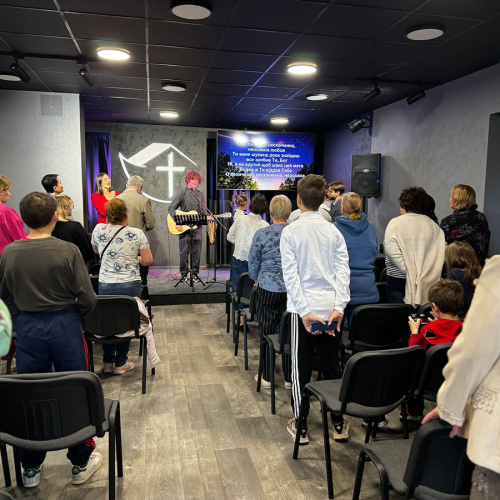

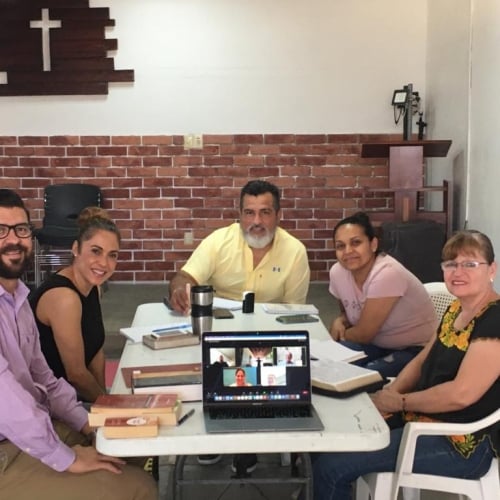
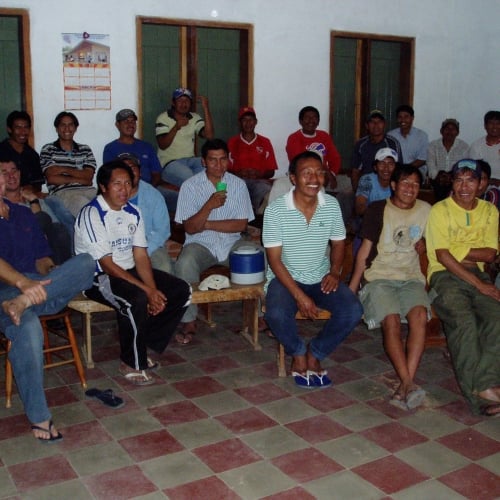
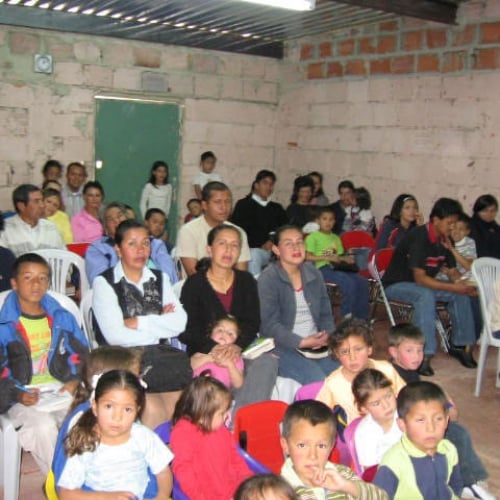


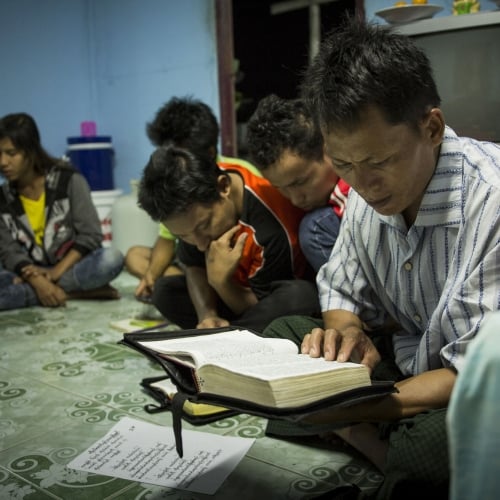




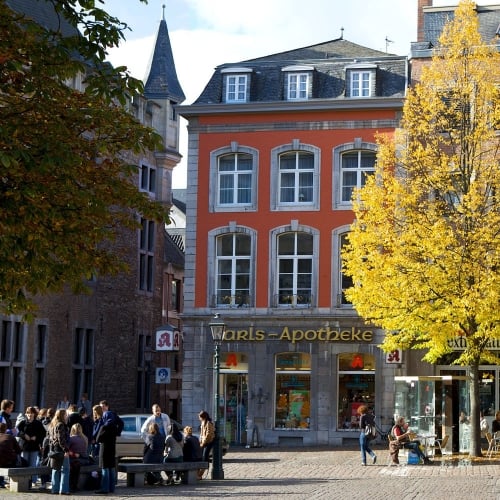
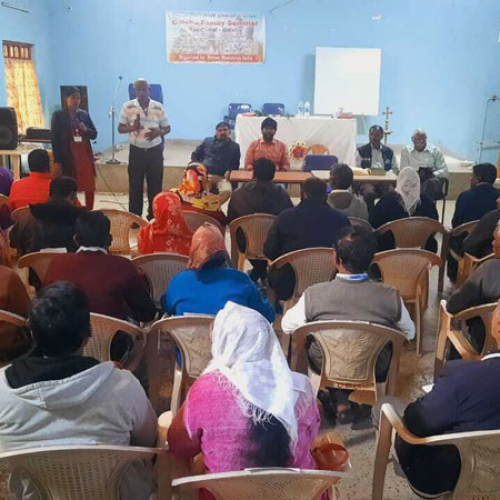
_1690404653_500x500.jpeg)
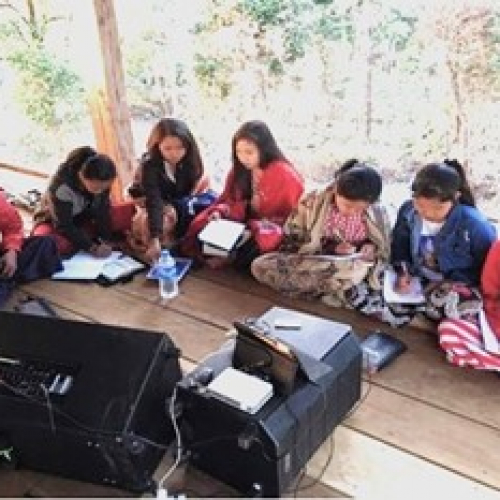


_1547935235_500x500.png)
